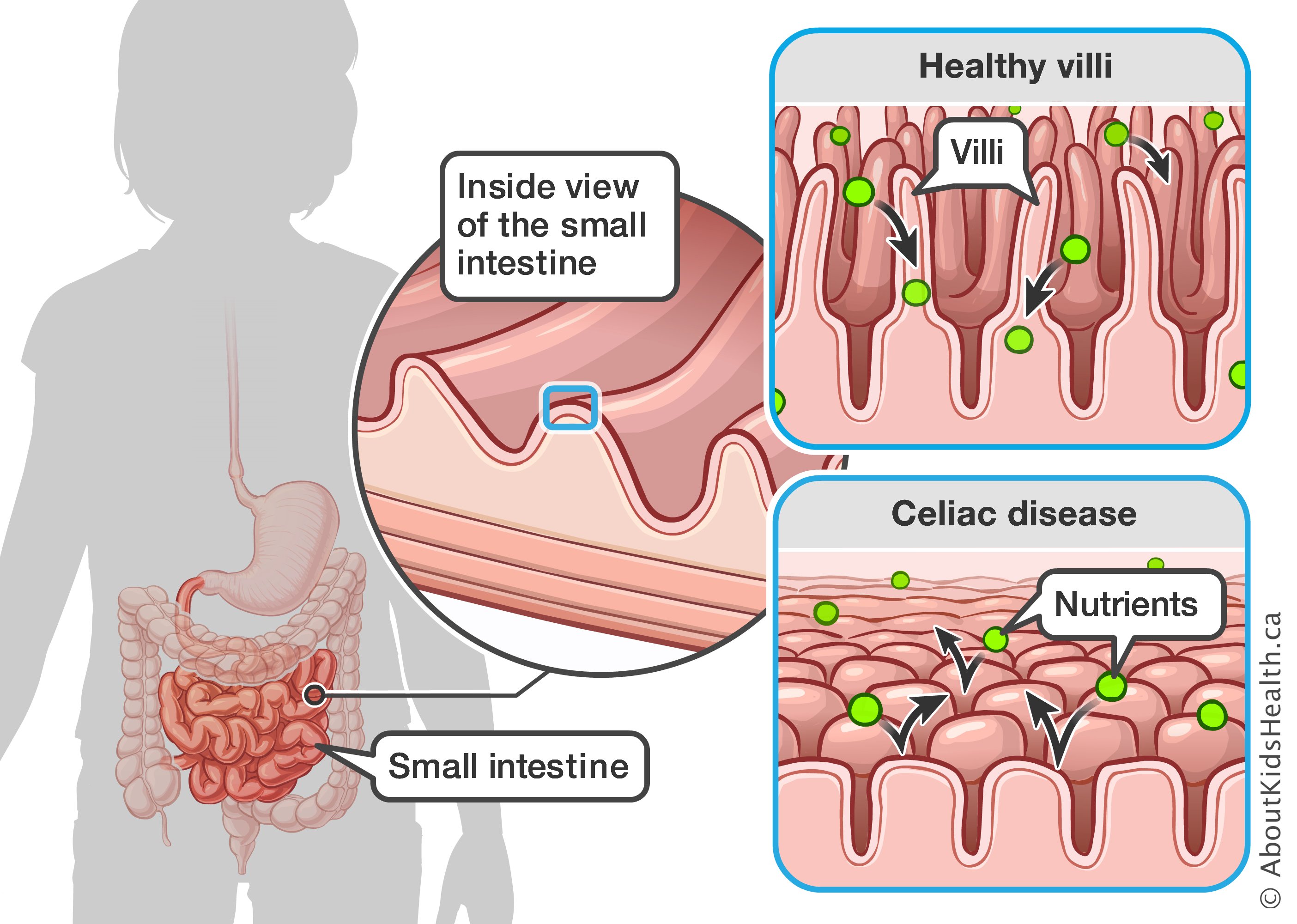Developing positive eating habits can be difficult. Find out some things you can do every day to work toward having a healthy attitude toward food.
Plan and prepare meals
Get involved in planning, shopping and preparing family meals. Doing so will help you learn to shop smartly, understand food labels and develop your skills in the kitchen. You may even enjoy sharing some of your favourite recipes with friends and family.
If you find yourself always rushing out the door to school or work, try preparing a breakfast wrap or some yogurt and fruit the night before. Breakfast is an important meal that will set you up for the day ahead!
Eat as a family
Busy schedules and after-school activities can make it hard to sit down to eat with your family every night. But sharing a meal with those closest to you even a few times a week without any distractions is a great way to strengthen family bonds, have fun and, if needed, share support after a tough day. These all help to boost self-confidence and communication skills, help improve how you perform at school and lower the incidence of weight issues and substance use disorders.
Develop a healthy body image
Like many teens, you probably see a constant stream of images and messages about physical appearance. With such highly promoted but narrow standards of beauty and fitness, it is hard to escape the idea that you should look a certain way.
When you feel overwhelmed by pressure to conform to an ideal body type, try to remember all the great things your body can do instead of simply how it looks. Eating disorders such as anorexia nervosa, bulimia nervosa or binge eating disorder can take root when someone feels badly about themselves and their appearance. Be sure to share any concerns about your body image with a parent, caregiver or another trusted adult.
Keep a healthy attitude to food
While most of your diet should be rich in nutrients, it is also ok to have some treats now and then. Rather than latching onto the latest fad diet or banning particular foods (unless you have an allergy):
- focus on eating the right amount of calories for your stage of growth and level of physical activity
- consider eating more of one thing and less of another (for instance, more fruit and less juice or more grilled food and less fried)
- consume a variety of foods, from all food groups, to help your brain and body work as well as possible
The less control you feel you need to exert over food, the healthier your attitude towards it. That said, if you have any concerns about eating a balanced diet and maintaining a healthy weight for you and your needs, talk to a healthcare provider, your doctor or a dietitian.

